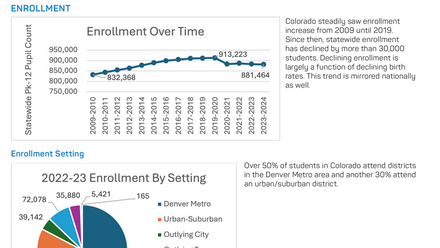New Fordham Institute study out today examines the relationship between socio-economic factors and racial achievement gaps
Greetings!
Today, we at the Thomas B. Fordham Institute released a study that examines the extent to which socioeconomic status (SES) might explain differences in reading, mathematics, and science achievement among racial and ethnic groups of U.S. elementary students.
The analysis, conducted by Paul L. Morgan and Eric Hengyu Hu (University at Albany), utilizes a broad set of measures of family background, including parents’ education, family finances, household structure, and “household opportunity factors” (including literacy activities and other parent/ guardian-child activities).
Among Morgan and Hu's key findings:
- Racial achievement gaps decrease significantly when controlling for the SES factors (though SES explains more of the Hispanic-White gap than the Black-White gap).
- Of all the SES factors analyzed, household income best explains the Black-White gap in academic achievement and mother’s education best explains the Hispanic-White gap..
- SES indicators, and the extent to which they explain racial/ethnic achievement gaps, appear to be stable over time (between 1998-99 and 2010-11).
- SES also helps explain racial and ethnic excellence gaps (differences in the proportions of student groups within the highest achievement levels). The SES factors explain a larger share of Hispanic-White excellence gaps than Black-White excellence gaps across the board.
- The Black-White achievement gap grows as students age through elementary school, while the Hispanic-White gap shrinks.
As significant racial and ethnic achievement gaps have long existed between students in America, a better understanding of why these gaps occur can help inform better policies to address them. The report ends with several recommendations for narrowing achievement gaps in order to create a more equitable educational landscape.
The full study is available online here. We hope it is of interest!
If you would like to connect with one of the authors, please let me know.
Warmly,
Victoria McDougald
Chief of Staff
Thomas B. Fordham Institute



